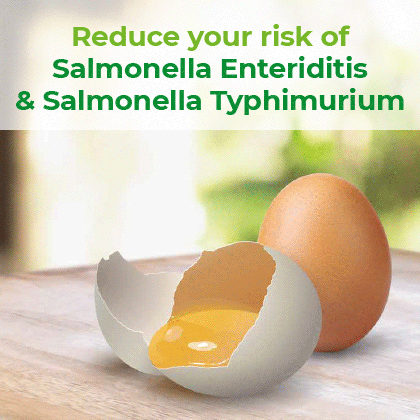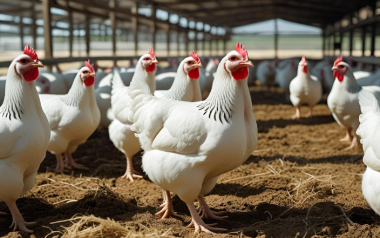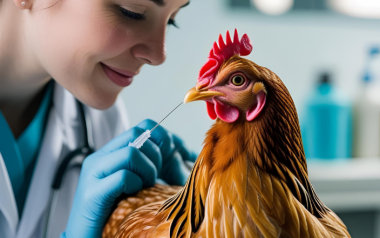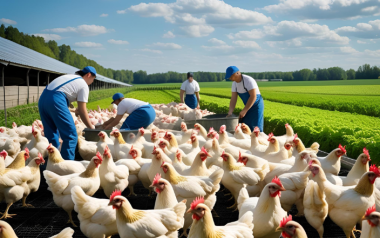Sources: Available upon request.
01 Feb 2024
Blackhead disease in commercial turkeys and broilers
Histomoniasis is a disease caused by the protozoan Histomona meleagridis, a single-celled parasite, and is known as "black head" disease. All poultry are susceptible to this infection, but commercial turkeys are the most susceptible species.
Histomoniasis is a disease caused by the protozoan Histomona meleagridis, a single-celled parasite, and is known as “black head” disease. All poultry are susceptible to this infection, but commercial turkeys are the most susceptible species.
A parasite of the poultry cecum (Heterakis gallinarum) is the intermediate host of Histomona meleagridis, as it needs the protection it provides. This nematode worm is quite common in broilers, so it is always recommended to raise turkeys and chickens in different facilities.
The intestinal worm is common in chickens but is not common in turkeys and outbreaks in turkeys are believed to originate from the accidental introduction of nematode eggs into the poultry houses. This can happen through contaminated equipment, clothing, or footwear; also, through other vectors such as flies or beetles. Birds become infected by ingesting the worm eggs in feed, litter, water, grass, and insects. Once birds are infected with histomonas, they can transmit it to other birds by direct contact.
Infected turkeys appear depressed and excrete yellow feces. The darkening of parts of the head, especially in turkeys, gave the disease its name of “black head”. The necropsy findings are enlarged cecae with swollen walls and accumulation of solidified material inside it. The liver may present circular lesions with a concave surface. Other organs may also present lesions (lungs, kidneys, and pancreas).
The diagnosis is made based on typical macroscopic lesions, but, when necessary, a histological study and observation with phase contrast microscopy should be performed. Histomoniasis should be differentiated from coccidiosis and trichomoniasis of the alimentary tract (Trichomonas gallinarum), where lesions are also present in the last third of the small intestine, but not in the cecum.
Control methods
- Intestinal parasite control should be carried out with Fenbendazole, an antiparasitic approved for treatment of Heterakis in turkeys.
- Avoid raising turkeys in areas where chickens have previously been raised. Also, avoid housing chickens and turkeys in proximity.
- It is recommended to keep exclusive footwear for indoor use only, avoiding the introduction of parasites.
- Clean and disinfect all equipment and tools before using them in the houses.
- It is recommended to add an extra layer of litter in houses with sick turkeys, to isolate them from the floor.
- Separate the house into several parts. Place all animals with suspected infection or disease together on one side of the house and separate them from healthy birds. Cull and remove all sick birds from the house.
Conclusions
Histomoniasis is a complex disease, and there is still much to learn about the parasite that causes it. Its introduction into a flock can occur in different ways and transmission between birds can occur with or without a biological or mechanical carrier. A multifactorial preventive approach, strict hygiene and high biosecurity standards are essential for its control.









































